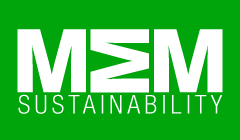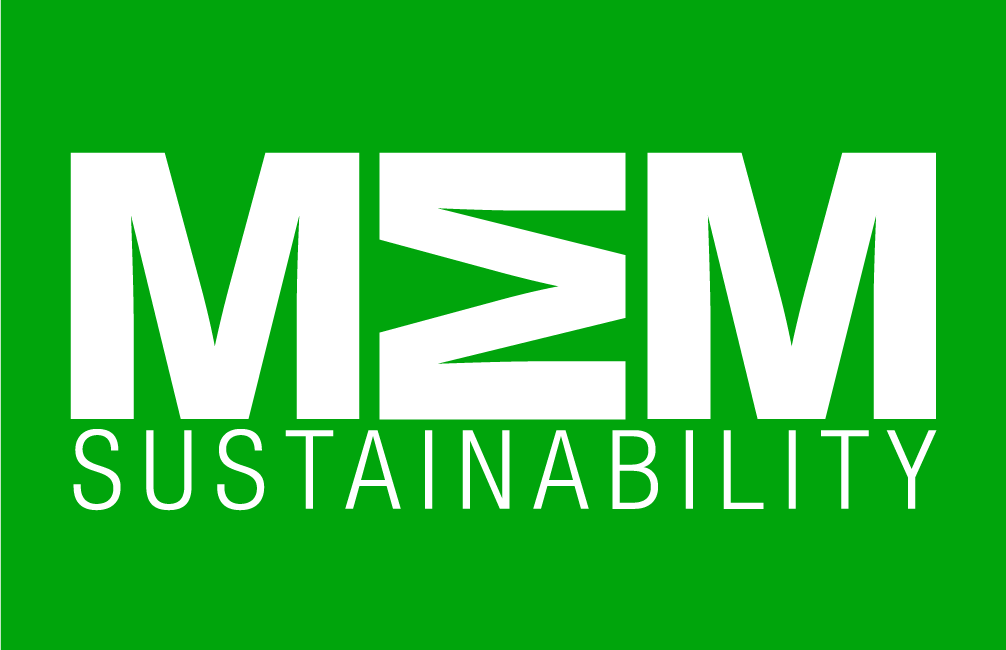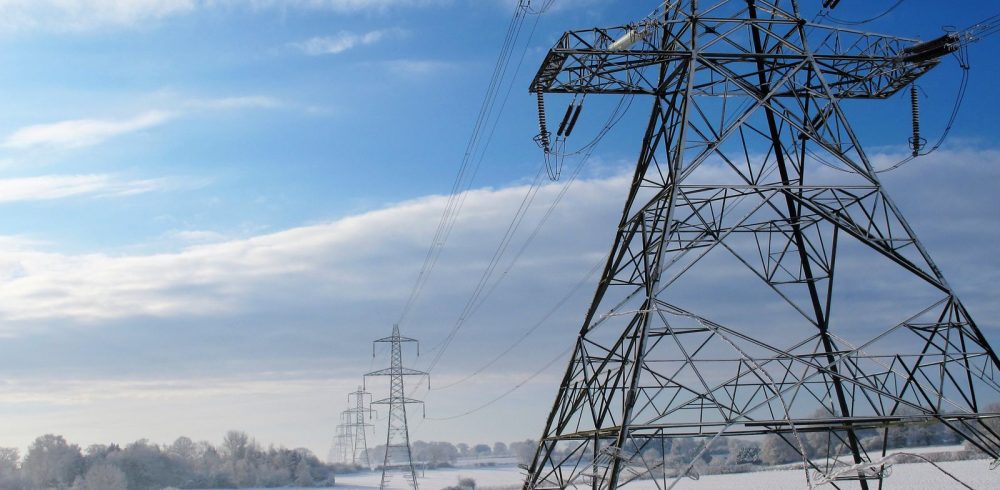The announcement that British coal plants will be unavailable to support the National Grid this winter could present an opportunity for energy-intensive industries to level up decentralisation efforts.
Though previously shuttered coal plants were brought back online last winter to support the grid, two facilities are now confirmed to be in the decommissioning process and will be unable to supplement existing supply.
With the UK instead reliant on power imports from abroad and further strain expected, Chris Rason, Managing Director of Aggreko Energy Services, is advocating facility operators to get ahead of the curve with the opportunity to diversify their power mix and decarbonise accordingly while maintaining resilience.
He said: “Concerns raised for energy-intensive industries such as manufacturing from this lack of consistent supply are not new, but the situation is becoming increasingly challenging. Combined with increasingly stringent environmental legislation such as the expansion of the London ultra-low emissions zone, plant stakeholders are now presented with an opportunity to improve resilience while increasing green credentials on site. Green and efficient decentralised energy solutions, including battery energy storage systems and solar PV, supporting or working independently of existing grid supply, will be crucial to alleviating these risks.”
The potential for grid shortfalls and disruptions during periods of peak demand is covered in Aggreko’s latest report, The Race to Resilience. The white paper explores approaches to increase resilience in a volatile market and assure long-term energy security. These include improving HVAC process efficiency, participating in demand side response schemes and using generators as bridging solutions while awaiting connections to grid power.
Chris concludes: “As energy intense industries like manufacturing develop and innovate into the future, it is clear that demand on the grid will only increase. For UK industry, which will face clear obstacles affecting their competitiveness at home and abroad, there is no option for any downtime caused by energy resilience issues.
“Action must be taken now to ensure businesses remain as resilient as possible now and into the future, especially with grid-based disruption expected to become increasingly common. This was the key motivator behind the development and launch of our latest report – I would urge facility professionals to explore how they can reduce reliance on the grid and hit their green goals by decentralising.”
To download a free copy of The Race to Resilience, click here.
Manufacturing & Engineering Magazine | The Home of Manufacturing Industry News
















